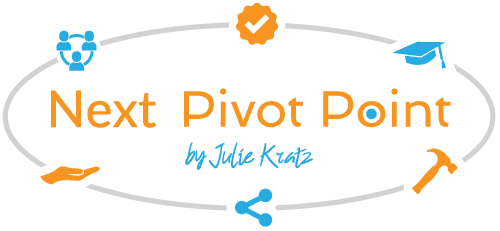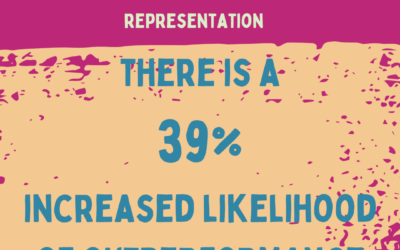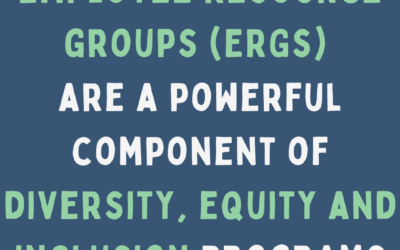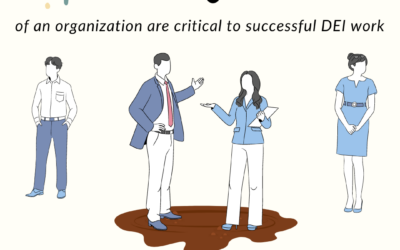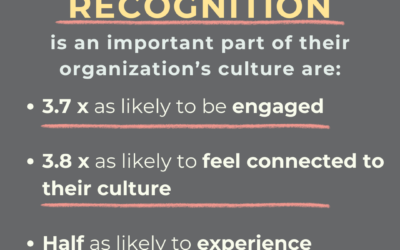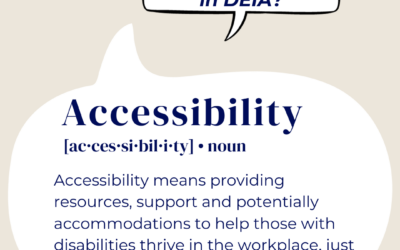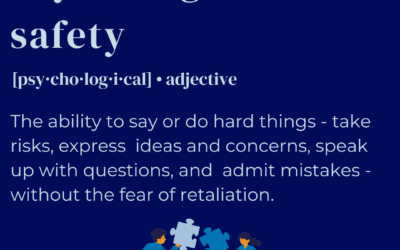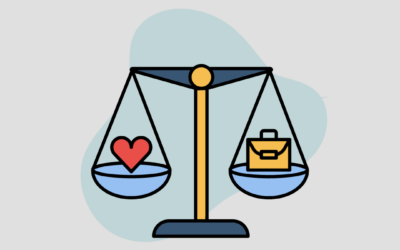LEAD LIKE AN ALLY
DIVERSITY TRAINING AND SPEAKING
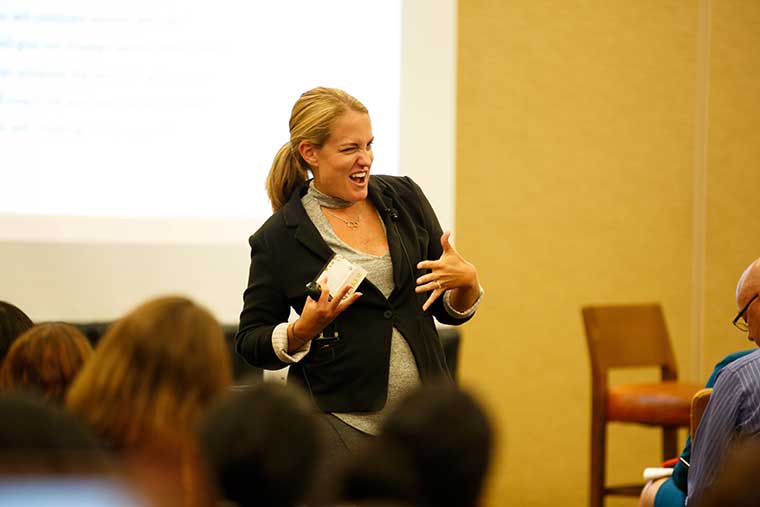 No organization has diversity and inclusion figured out. If you or your organization is curious about what to say or do right now, you are not alone.
No organization has diversity and inclusion figured out. If you or your organization is curious about what to say or do right now, you are not alone.
That is because tradtional diversity training does not work. The one size fits all or check the box approaches never worked, in fact. Some traditional diversity training has actually caused a backlash affect and contributed to negative outcomes. That is because people need an intentional set of experiences on diversity and inclusion to change their beliefs and for those beliefs to be embedded in the workplace culture. It is not done in a one-time learning vacuum.
We need all people included in the conversation on diversity and inclusion. We are stronger together as allies.
That is why we crafted a Lead Like an Ally diversity training program – available online or as live virtual courses for your organization. Ideally, courses are taught as a series and canvas topics from unconscious bias to deep dives into empathy and vulnerability skills and different dimensions of diversity from race to gender to LGBTQ+ and more.
WHAT IS AN ALLY?
Now is the time for allies. Allies are people that stand with those that are underrepresented by race, gender, sexual orientation, abilities or other dimensions of diversity. They often are well-intentioned, yet do not know what to say or do to demonstrate they are allies.
WHY DO ALLIES MATTER?
Those in the majority groups – whites, cis-gendered, men, able-bodied – can best support diversity and inclusion because of their power and privilege. This means all allies matter now more than ever to accelerate positive change. Julie provides the business case and the human case for allyship and a historical perspective on the systems of privilege that hold underrepresented people back.
WHAT DO ALLIES DO?
Allies often speak up with those that underrepresented and help everyone be seen, heard, and belong in the workplace. They amplify other’s voices and listen and learn. They may be coaches, mentors, advocates, sponsors, or challengers. Julie shares five key roles and actions allies can take to lead like an ally on race. All participants leave with a tangible commitment to take action on right away.
Being an ally is a journey, and you do not have to do it alone. Diversity training needs to be inclusive.
At Next Pivot Point, we believe in the power of allies. There has never been a better time to lead like an ally and be there for others.
ASK JULIE TO SPEAK OR TRAIN YOUR TEAM


Diversity Speaking
Julie Kratz is a highly acclaimed TEDx speaker that spent 12 year in Corporate America and 6+ years speaking about diversity. She is best known for diversity speaking on allyship and how to “Lead Like an Ally.”
Diversity Training
Julie Kratz meets teams where they are at. At Next Pivot Point, we have tools and guides to train teams to be allies for diversity and inclusion. Our diversity training teaches leaders to lead inclusively so that all people a sense of belonging in the workplace.
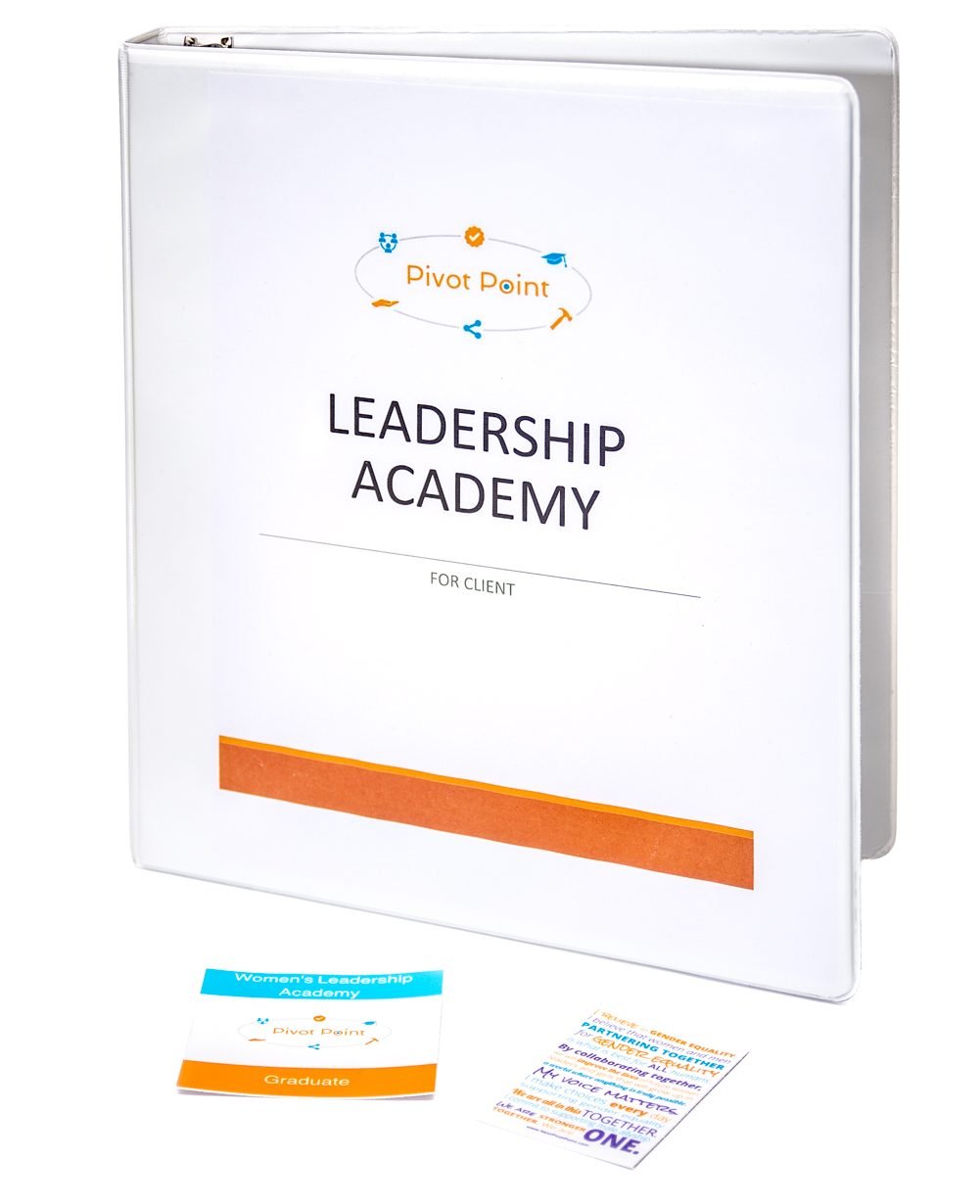
THE FIVE QUESTIONS ABOUT DIVERSITY TRAINING YOU NEED TO BE ASKING

Don’t Miss Out!
Sign up to be the first to see new thought leadership articles, videos, and online workshops about diversity training.
Diversity In Leadership Increases Chances Of Success By 39%
Studies reconfirm that diversity on leadership teams increases performance New McKinsey research reconfirms past studies on the strong business case for diversity and inclusion. According to the latest “Diversity Matters Even More” report, there is a “39% increased...
It’s Not Too Late To Start Employee Resource Groups
Employee Resource Groups (ERGs) help companies retain and attract talent Employee Resource Groups (ERGs) are groups within organizations where employees from historically marginalized groups join together for support, education and ally engagement. ERGs are powerful...
Middle Managers Are The Missing Key To DEI Success
With a growing disconnect between leaders and the front lines middle managers are the missing key to bridging this divide A new Catalyst report finds that “the overwhelming majority of men (86%) say they are personally committed to interrupting sexist behaviors when...
The 2024 DEI Outlook
DEI is at an inflection point Social change often comes in bursts. Two steps forward, one step back, as the old adage goes. DEI is social change—change that, sadly, takes time. For those growing impatient with the increasing polarization and political...
Unlocking The Power Of Recognition And Inclusion In The Workplace
New data shows that recognition is top indicator for workplaces fostering inclusion As a social species, humans are wired to feel valued and connected. The need for connection and belonging are only rivaled by our needs for food, water, shelter and physical safety....
The Inclusive Leader’s Playbook Modeling Inclusion For Success
Modeling behaviors is the best teaching practice for inclusive leaders As a leader, modeling is the best teaching practice. What you say and do sets the expectation for what is acceptable behavior for the team. Conversely, the behaviors you allow give tacit permission...
What is the “A” in DEIA And Why Does It Matter?
Accessibility is the “A” being added to diversity, equity and inclusion (DEIA) Accessibility is the “A” being added to diversity, equity and inclusion (DEI). Accessibility means providing resources, support and potentially accommodations to help those with...
The Growing Psychological Safety Disconnect Between Leaders And Employees
Psychological Safety is a top attribute of high-performing teams yet there is a growing disconnect between leaders and their employees Psychological safety, defined simply, is the ability to say or do hard things without the fear of retaliation at work. In a...
New Research: Flexibility Increases Employees’ Sense Of Belonging
New research shows that there is a link between flexibility and sense of belonging for global workers A new Ernst & Young survey found that there is a link between flexibility and belonging for global workers. This is important in a continued tight labor market...
Is Your Organization Inclusive?
Groups that believe and achieve true diversity outperform those that do not.
